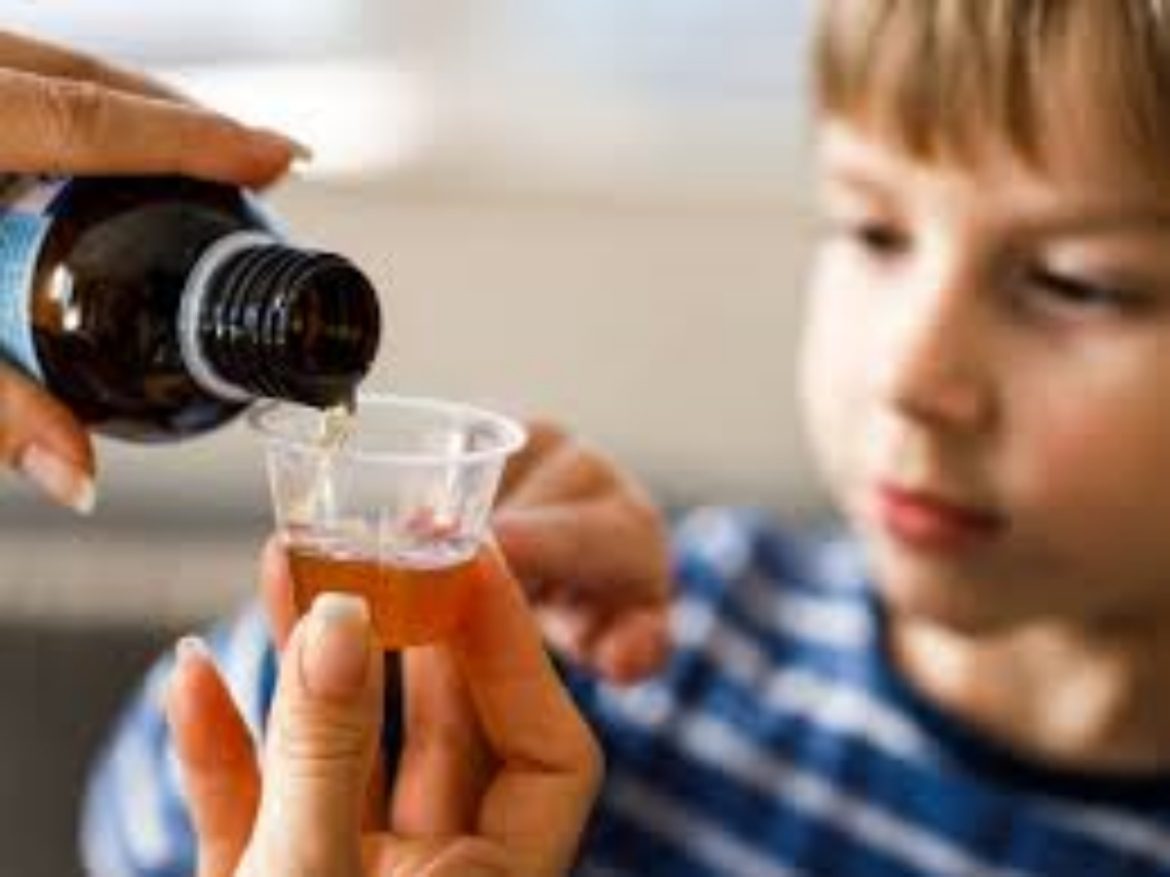The Government of India, on April 15, 2025, banned the production, sale, and distribution of fixed-dose combination (FDC) cough syrups containing chlorpheniramine maleate and phenylephrine hydrochloride for children under four. The move follows recommendations from the Drug Technical Advisory Board (DTAB) and the Subject Expert Committee, citing safety and efficacy concerns in young children.
According to a media report, several well-known medicines fall under the new restriction, including Ascoril Flu Drops and select products from brands like Alex (Glenmark), T-Minic (Haleon, formerly GlaxoSmithKline), and Maxtra (Zuventus Healthcare). The companies must now update their labels and package inserts with the warning: “Combination of FDC shall not be given to children below four years of age.”
Glenmark and Zuventus Healthcare challenged the government’s notification, arguing that applying it retrospectively was unlawful. However, on April 24, 2025, the Delhi High Court ruled that the ban would be applied sequentially—meaning it would not affect stocks manufactured before April 15, which are exempt.
Despite this exemption, the court directed the companies to issue formal advisories and publish public notices in widely circulated newspapers, clearly stating that these FDC cough syrups should never be given to children below the age of four under any circumstances.
Additionally, the court directed the manufacturers to submit sworn affidavits detailing the quantities of FDC cough syrup stocks produced and distributed before the new guidelines came into effect, to ensure compliance and maintain transparency in the process.
Pharmacists across the country have expressed concerns over how to handle the leftover stock of the banned cough syrups following the recent restrictions. The Indian Pharmaceutical Association (IPA) has approached the Drugs Controller General of India (DCGI), seeking clarity on whether the remaining supply should be recalled or can be sold until existing stock is exhausted. Additionally, pharmacists are looking for guidance on how to dispense prescriptions for toddlers during this transitional phase in policy enforcement.
The stakeholders include the manufacturers, pharmacists, and health care service providers, along with other stakeholders. As such, they have also been suggested alongside more time in the adaptation period to ensure the new regulations are seamlessly integrated.
The measures imposed by the government highlight the necessity of safeguarding children’s medicines. The restrictions placed on using selected FDC cough syrups in very young children are intended to avoid certain negative outcomes and safeguard the interests of this sensitive age group.
The public notices and warnings are aimed at encouraging healthcare professionals to pay closer attention to targeted treatments and caregiving practices. As changes are introduced in healthcare procedures, it is essential for parents, pharmacists, and regulators to collaborate and ensure the safety of young children. This includes taking full responsibility for following the updated guidelines and adapting to the new policies with care and accountability.



